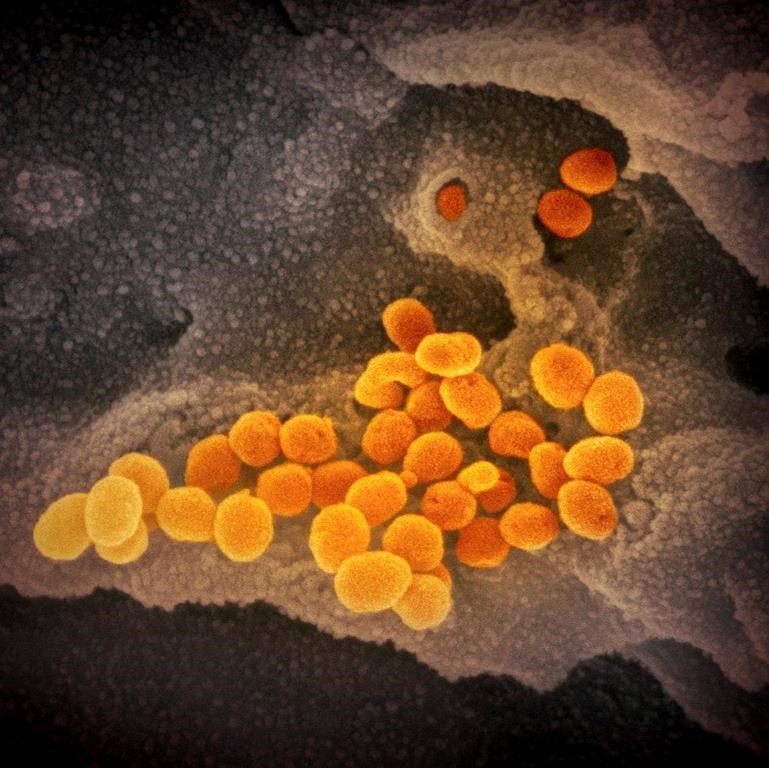Researchers out of Lawson Health Research Institute and Western University in London, Ont., are trying to better understand the immune system’s response to the new coronavirus and whether or not immunosuppressive therapies can improve mortality rates.

According to the team, some early reports from scientists and physicians suggest that the virus can cause a cytokine storm in some patients, which is when the immune system goes dangerously overboard in responding to it.
“Some researchers are suggesting that mortality could be improved with immunosuppressive therapies,” said lead researcher Dr. Douglas Fraser.
“However, evidence to support this is severely lacking at this time.”
Researchers are testing daily blood samples taken from London Health Sciences Centre patients presumed to have COVID-19 and looking for inflammatory biomarkers to track the changing immune response over time. Researchers will be comparing that data “to the immune response in patients with other infections, as well as in healthy controls.” The data will also be useful in future studies.
“This study could also inform why some people become critically ill and others do not, and help determine who will respond to certain therapies,” said Fraser.

Questions about COVID-19? Here are some things you need to know:
Health officials caution against all international travel. Returning travellers are legally obligated to self-isolate for 14 days, beginning March 26, in case they develop symptoms and to prevent spreading the virus to others. Some provinces and territories have also implemented additional recommendations or enforcement measures to ensure those returning to the area self-isolate.
Symptoms can include fever, cough and difficulty breathing — very similar to a cold or flu. Some people can develop a more severe illness. People most at risk of this include older adults and people with severe chronic medical conditions like heart, lung or kidney disease. If you develop symptoms, contact public health authorities.
To prevent the virus from spreading, experts recommend frequent handwashing and coughing into your sleeve. They also recommend minimizing contact with others, staying home as much as possible and maintaining a distance of two metres from other people if you go out.
For full COVID-19 coverage from Global News, click here.









Comments